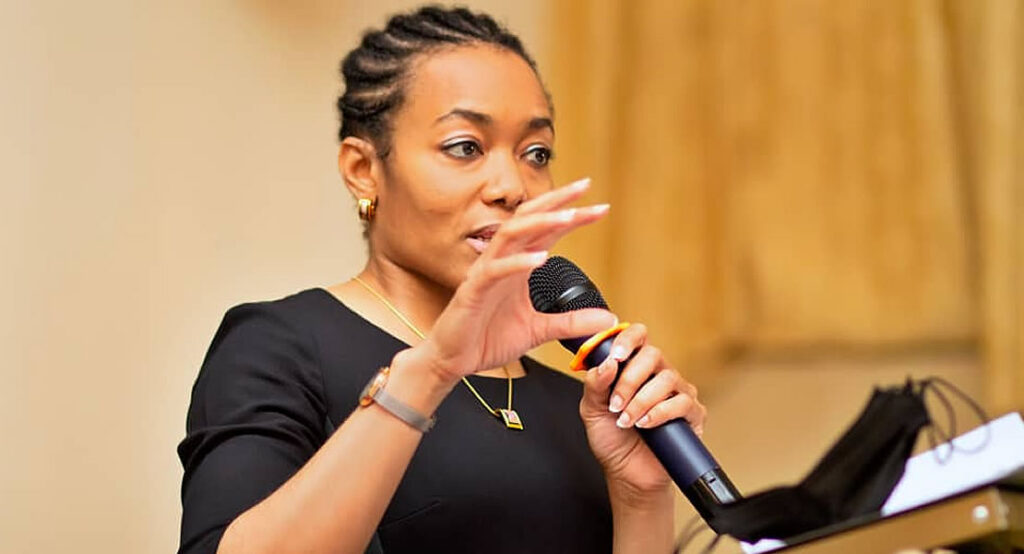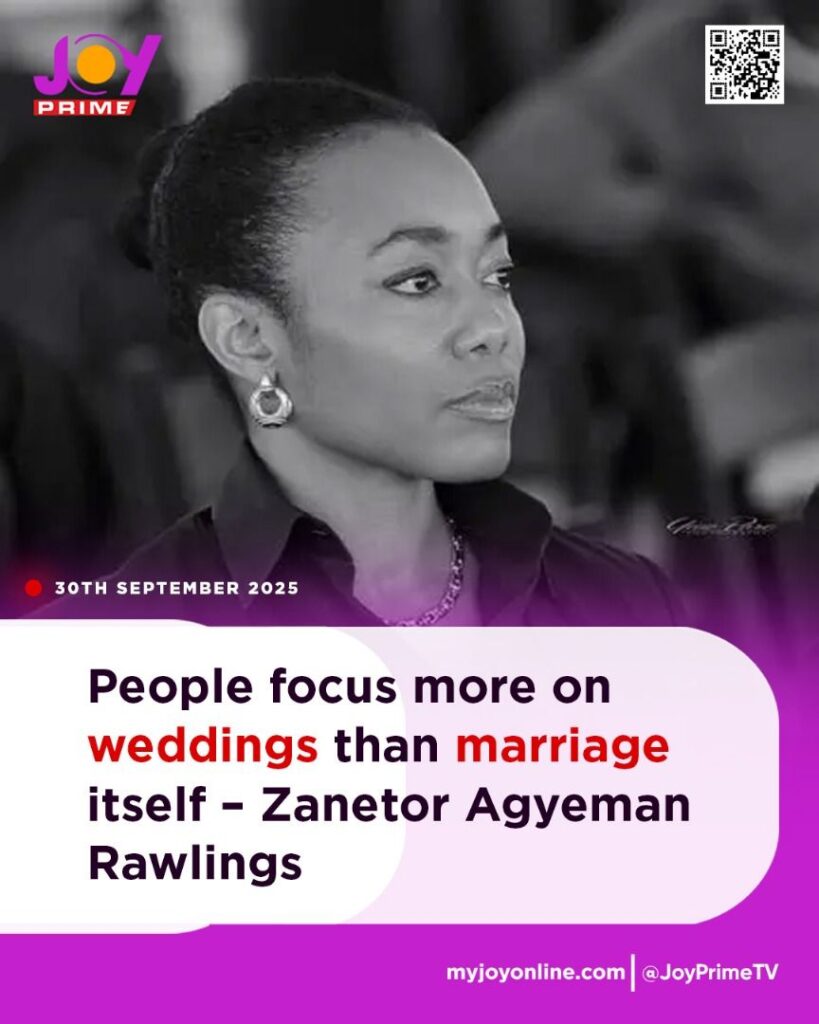Dr. Zanetor’s Remark Regarding Marriage and Weddings Causes Controversy
With her moving assessment of contemporary relationships, Dr. Zanetor Agyeman-Rawlings, Member of Parliament for Klottey Korle, has sparked a deep social dialogue by claiming that society values wedding spectacles more than the content of marriage.
Her remark that “people focus more on weddings than marriage itself” has gone viral on social media, appealing to a general apprehension about the pillars of enduring relationships in modern society.

The main thrust of Dr. Agyeman-Rawlings’ theory is that the one-day event, rather than the lifelong institution, requires a disproportionate amount of emotional and financial effort.
She highlighted the meticulous planning surrounding “Save the Date” announcements and lavish ceremonies, contrasting it with what she sees as a frequent neglect of the continuous, deliberate effort required to sustain a marriage. Emphasizing that marriage is not a “fairy tale” and “won’t fix itself,” she called for greater emphasis on foundational honesty and the daily work of nurturing a relationship.
The public response has revealed a significant cultural divide. Many have applauded her for articulating an uncomfortable truth they see reflected in rising divorce rates and marital dissatisfaction, agreeing that an overemphasis on ceremonial perfection can obscure the practical realities of shared life. Conversely, others have defended the cultural and personal significance of weddings as important rites of passage, arguing that celebrating a couple’s commitment with a grand ceremony does not inherently negate their dedication to the marriage itself.
This lively discussion highlights a crucial conflict between custom and pragmatism, between open celebration and personal fortitude. A vital question for contemporary couples has been effectively posed by Dr. Agyeman-Rawlings’ remarks: are we creating partnerships that are meant to withstand a lifetime of difficulties, or are we creating relationships intended for a perfect day? She urges a change in emphasis from the performance of marriage to its enduring practice, and her intervention is a timely call for a cultural recalibration.

